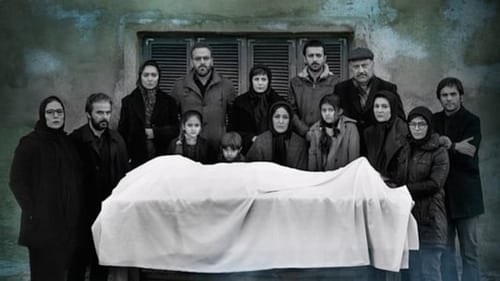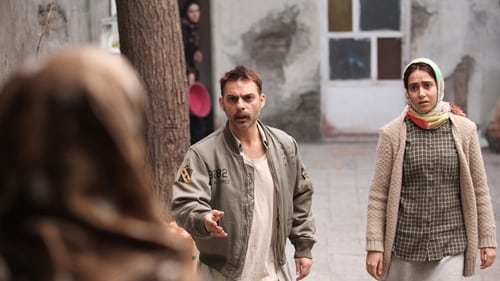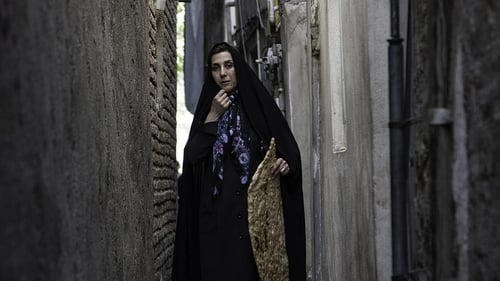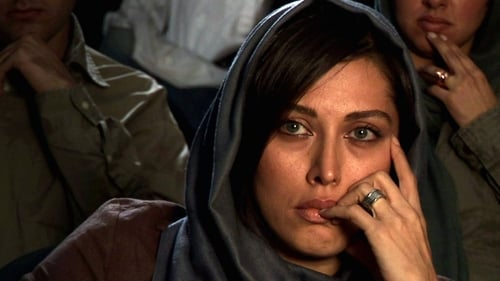Rima Raminfar
Birth : 1970-03-25, Tehran, Iran

A Film By Omid Shams

Mahshid
Mohsen (Reza Attaran) returns home after shopping and realizes that the furniture on which Omid (Amir Jafari) is sitting is perforated and blames Omid. Mahshid (Rima Raminfar), Mohsen’s wife, is very interested in this sofa and she Mohsen and Omid are making every effort to solve this problem, but…

Mehri
A woman escapes from her husband's beatings while her daughter enters the house. The girl noticed the fight between her mother and father, and after saying no, she went with her father to the city to find the fugitive mother.

A story about normal people who have not lost themselves in today's narcissistic world.

An old woman's death brings her children together so maybe family's wounds will be healed during this unwanted confrontation.

Shahnaz
Somaieh, the youngest daughter of an indigent family, is getting married and fear is overwhelming each and every member of the family regarding how to overcome their difficulties after she's gone.

The lack of communication between the mother and the father of a 13 year old, leads inevitably to a divorce. During this ordeal their son, feeling out of place, befriends some troubled older kids and gets involved in murder.

Award-winning Iranian filmmaker Rakshan Banietemad ends her eight-year hiatus from feature filmmaking with this ingenious, mosaic-like narrative, which knits together the stories of seven characters to create a microcosm of Iranian working-class society.

Azam
Throughout the two days preceding her long-awaited wedding, amid the flurry of arriving relatives and the preparation of a seemingly endless array of colorful, culinary delights, young bride-to-be Pasandide finds herself the center of attention. The event also proves an occasion for extended family to reconnect, reminisce and rejoice in the pleasures of familiar company. The family compound of aged Uncle Ezzatolah proves an ideal site for this summer reunion among three generations, with its lush courtyard gardens, labyrinthine parlors and passageways and erratic electrical system (subject to untimely city blackouts).

A hundred and fourteen famous Iranian theater and cinema actresses and a French star: mute spectators at a theatrical representation of Khosrow and Shirin, a Persian poem from the twelfth century, put on stage by Kiarostami. The development of the text -- long a favorite in Persia and the Middle East -- remains invisible to the viewer of the film, the whole story is told by the faces of the women watching the show.

Farah
Habib returns to Iran after many years and goes after his fellow Aziz but finds him in an asylum not talking and not remembering anything about his past. By the request of the doctors Habib begins to tell Aziz about their past life and the story of their friendship when both were bank's employees. They grew up together and began working in the bank's security carrying bags of money, until one day when some thieves rub the money from them and run away.








